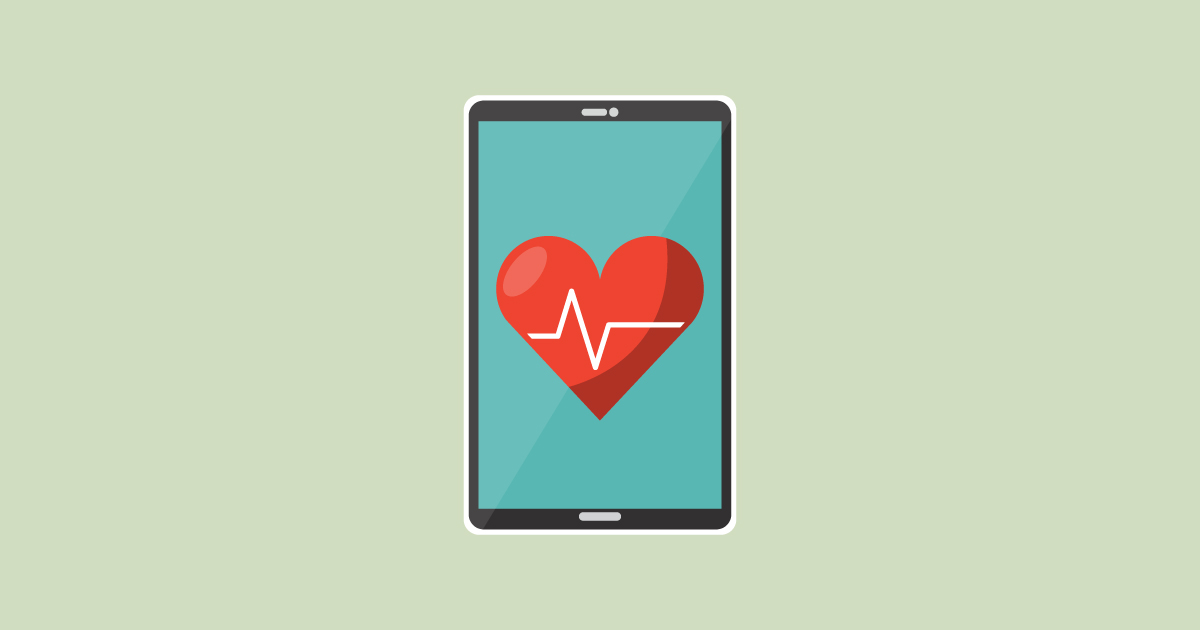Babson Students Offer Help as Health Care Turns to Telemedicine

33,000
That’s the number of patients in Massachusetts served by the community health centers and elder programs of Harbor Health Services. But with social distancing being essential in the struggle against the pandemic, providing care to those 33,000 people through face-to-face clinical visits had to be quickly reconsidered.
“How do we stay connected to our patients and offer the quality of care they need?” asks Dr. Claire-Cecile Pierre, the chief medical officer at the nonprofit public health organization. “We couldn’t see patients in person, so we had to act.” That need to act was especially urgent because the majority of Harbor Health’s patients are low income or uninsured, and COVID-19 is having a disproportionate impact on their communities.
To solve this challenge, Harbor Health turned to telemedicine, which uses telecommunications tools to assess and treat patients remotely. Implementing that technology took a lot of work. For some assistance, Pierre turned to her new place of employment: Babson College.
Earlier this year, in addition to her role at Harbor Health, Pierre became the executive director of the new Kerry Murphy Healey Center for Global Healthcare Entrepreneurship. As the pandemic began to disrupt health care delivery, along with much of day-to-day life, Babson staff, faculty, and students immediately started to look at ways to help Harbor Health.
Ultimately, a group of 18 Babson students served as test patients, roleplaying with clinicians who were practicing using telemedicine. “The Babson team responded very quickly to the needs of Harbor Health,” says Pierre. “It was incredible to see how useful Babson students were as test patients.”
A New Day
Telemedicine is a long-simmering trend in health care that has seemed on the cusp of wider acceptance for years. The dire needs of the pandemic finally have accelerated its greater adoption.
“It’s a new day,” says Wiljeana Glover, the Kletjian Distinguished Professor in Global Healthcare Entrepreneurship. “It’s amazing that tools we were trying to push for a long time are now required. It’s no longer a nice to have. It’s a need to have.”
Telemedicine had been facing one big obstacle to its adoption, says Pierre. “It wasn’t fully reimbursed,” she says. “Many insurance companies wouldn’t pay for care not delivered in person.”
“The Babson team responded very quickly to the needs of Harbor Health. It was incredible to see how useful Babson students were as test patients.”
Dr. Claire-Cecile Pierre
With reimbursements for telemedicine now changing in light of the pandemic, Harbor Health had to make sure its clinicians were ready to use the technology. “Testing the comfort of multiple clinicians using video visits, across more than eight towns from Boston to the Cape, is very labor intensive,” says Pierre. “You want them to have some time to practice with someone who is not a real patient.”
That’s where Babson came in to help.
To Be of Service
Organized by Lisa Thomas P’18 ’19 ’21, Babson’s director of service and justice programs, the 18 students who assisted Harbor Health came from two classes: FutureLab: Mobility Innovation, a graduate course that did a lot of work in health care through the semester, and Scholar in Action, an undergraduate course of Natalie Taylor Scholars who typically perform a community service project together.
Following a script and pretending to be a patient with a medical issue, the students interacted with about 60 Harbor Health clinicians via video conferencing. After the sessions, the students offered feedback on how the practitioners performed on video, a much different clinical experience than a face-to-face visit in a clinician’s office.
“We are trying to be in service to them so they can get better,” says Thomas. She adds that, for the students, the experience allowed them to still volunteer in the community, even though they couldn’t be there in person.
With the Kerry Murphy Healy Center now open, and with the pandemic expected to impact society for months to come, Thomas anticipates the Babson community to be involved with other health-related service projects in the future. Already the Weissman Foundry has been organizing local maker spacers to make face shields for Harbor Health.
“Health care is another way of serving,” says Thomas. “It’s a new area we’ll be getting into more.”
Posted in Community




